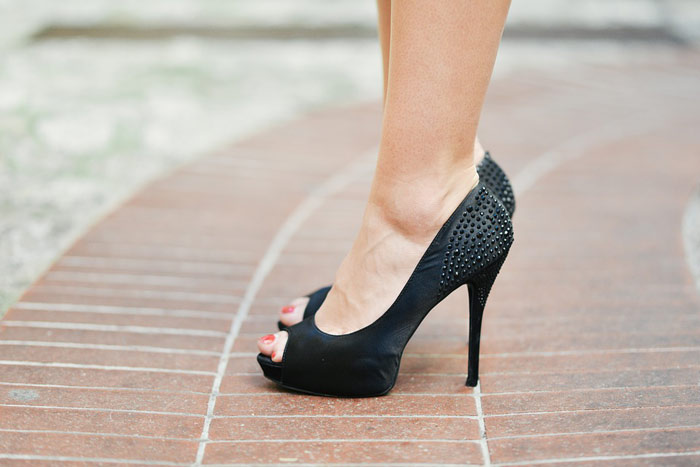
“I didn’t notice this habit of mine until my BFF called me a critic – since then we haven’t talked much. I’m hurting many people by criticizing them, but I can’t help it. How do I stop criticizing others and communicate normally again?”
Maria, 29.
Many of us are used to criticizing ourselves and others, and sometimes it is not easy to quickly get rid of this habit. Criticism is invisible to the person who criticizes because it has become normal to them. This scenario has its roots in childhood.
Why do people criticize others?
When you were a young child, you looked at the world with your eyes wide open; everything was true, life was colorful and joyful, and your parents were like Gods. And it was your parents who taught you how to communicate with people and treat the world, life, and yourself.

If you are prone to criticism, you may well have lived in a family where criticism was the norm in communication. For some people, it’s ok to criticize the child, the state, relatives, etc. This is why growing up, we take criticism as the norm in behavior and don’t notice that it destroys our relationships with other people.
It’s about self-acceptance
Also, the desire to criticize everything and everyone arises when we are not satisfied with ourselves and our lives.
A person who criticizes others first of all tends to attack themselves. Self-criticism is a direct path to dissatisfaction with oneself. It pushes a person to condemn and not accept the faults in other people. Surprisingly, once we stop criticizing ourselves, we automatically stop criticizing others. When we criticize someone, we are actually directing it to ourselves. And when we accept ourselves as we are, the need to criticize others disappears.
How to stop criticizing everybody?
First of all, you need to work on your self-esteem and the negative attitudes formed since childhood. It is not a quick process, but the results are worth it. Try to do the following small exercise to learn to accept yourself.
Take a piece of paper, make a list of the people you criticize the most, and then write down why they deserve the criticism (what exactly you don’t like about them). For example: “Britney is always wearing tight pants and high-heeled shoes.”

Make another list, but try to look at these same people from another perspective. Try to find something positive in them, something you approve of. For example: “Britney has beautiful legs and a nice smile. She is compassionate.”
Every time you meet these people or think about them, make a voluntary decision to remember their positive qualities for which you could praise them.
Do the same with yourself. Every time you blame yourself for not working well enough or not being a good mother, think about a few positive traits you have, like being a good cook, a good listener, or a hard worker. Step by step, you’ll get rid of the habit of criticizing yourself and others so often.
Bottom line

Adopting the habit of seeing and accepting yourself as you are will be the starting point for positive change. Later it will help you accept others as they are too. Their shortcomings and flaws will no longer irritate you, and the desire to criticize will disappear, as well as the desire to change the people around you in accordance with your ideas about life.










